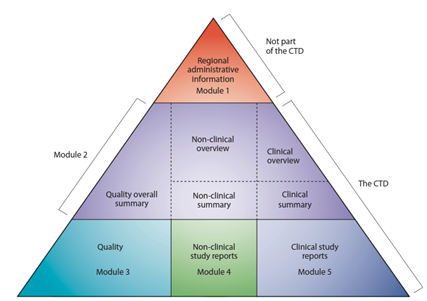A dossier is a collection of papers concerning one event or individual. It is usually arranged in a file, including reports, letters, photos, and other appropriate materials. Dossiers are often used when a large amount of information needs to be compiled and stored on a single subject or entity, such as a military unit or an organization. A dossier can be considered a dynamic file, continuously gathering data about a particular subject. Whether in business, legal settings, or investigations, a dossier helps to centralize and store critical information in an organized manner.
Dossiers are often utilized in industries that need to systematically organize and gather information for specific purposes. This file of documents serves as a special repository that compiles all relevant materials, making it easy to analyze and access.

Example of a Dossier
Imagine you are applying for a high-level job. Throughout the hiring process, the company may create a dossier on you that includes various documents to provide a complete picture of your qualifications and experience. This dossier could include:
- Your resume and cover letter
- Certified copies of your degrees and certificates
- Records of your previous employment
- Recommendation letters from past employers
- Results of a background check
- Interview notes from the hiring manager
In this example, the dossier serves as a comprehensive collection of documents, helping the employer gain a complete overview of your professional background. All the information is stored in one place, making it easier to review during the decision-making process.
Where Dossiers are Used?
Dossiers are used in various fields and industries to compile and manage information systematically. Some common areas where dossiers are frequently used include:
- Legal Cases: Lawyers often compile evidence dossiers, which contain witness statements, legal documents, and other materials relevant to a case. These dossiers serve as essential tools for preparing and organizing information during legal proceedings.
- Government Investigations: Intelligence agencies create dossiers on individuals or organizations under surveillance. These dossiers may contain reports, photographs, intercepted communications, and background information used to track and assess persons of interest.
- Medical Records: In healthcare, doctors keep dossiers on patients, which include medical history, test results, treatment plans, and ongoing progress notes. This collection of information helps doctors make informed decisions about patient care.
Put simply, a dossier is a complete file or collection of papers related to specific subjects, helping entities and individuals centralize and systematically organize their focused information. By gathering all relevant materials in one location, a dossier allows for a more streamlined approach to managing important data.
